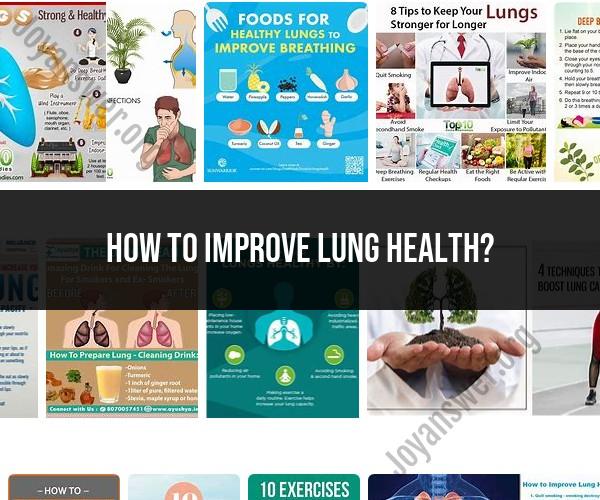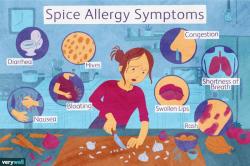How to improve lung health?
Improving lung health is crucial for overall well-being, especially since the lungs play a vital role in supplying oxygen to the body and removing carbon dioxide. Here are some tips to help you maintain and enhance your lung health:
Don't Smoke: Smoking is one of the most harmful habits for your lungs. It damages lung tissue, causes chronic obstructive pulmonary disease (COPD), lung cancer, and other respiratory illnesses. If you smoke, consider quitting, and if you don't smoke, avoid exposure to secondhand smoke.
Avoid Air Pollutants: Polluted air can have negative effects on your lung health. Limit exposure to outdoor pollutants, such as vehicle exhaust and industrial emissions. Use air purifiers indoors if needed, especially in areas with poor air quality.
Exercise Regularly: Regular physical activity strengthens your respiratory muscles and improves lung function. Engaging in aerobic exercises like walking, swimming, and cycling can help increase lung capacity and efficiency.
Practice Deep Breathing: Deep breathing exercises can help improve lung capacity and efficiency. Try techniques like diaphragmatic breathing, pursed-lip breathing, and yoga-inspired breathing exercises.
Maintain a Healthy Diet: A diet rich in antioxidants and nutrients can support lung health. Consume a variety of fruits, vegetables, whole grains, and lean proteins. Omega-3 fatty acids found in fish can also have anti-inflammatory effects on the lungs.
Stay Hydrated: Drinking enough water helps keep the mucosal lining of the respiratory tract moist, aiding in efficient lung function.
Protect Against Infections: Wash your hands regularly and avoid close contact with individuals who are sick, especially during flu and cold seasons. Getting vaccinated against preventable infections like influenza and pneumonia can also protect your lung health.
Manage Allergies: Allergies can trigger respiratory symptoms and exacerbate conditions like asthma. Manage allergies by identifying and avoiding triggers, using allergy medications as recommended by a healthcare provider, and keeping your living spaces clean.
Maintain Good Posture: Proper posture helps your lungs expand fully, allowing for better airflow. Stand and sit up straight to give your lungs adequate space to function optimally.
Limit Exposure to Harmful Substances: Minimize exposure to substances that can harm your lungs, such as asbestos, mold, and certain chemicals. If you work in environments with potential lung hazards, use appropriate protective gear.
Practice Lung-Boosting Activities: Activities like singing, playing wind instruments, and laughing can help strengthen your respiratory muscles and improve lung function.
Get Regular Check-ups: Regular check-ups with a healthcare provider can help identify lung issues early and monitor your lung health over time.
Remember, while these tips can contribute to better lung health, individual situations vary. If you have specific concerns about your lung health or respiratory conditions, consult a healthcare professional for personalized advice and guidance.













